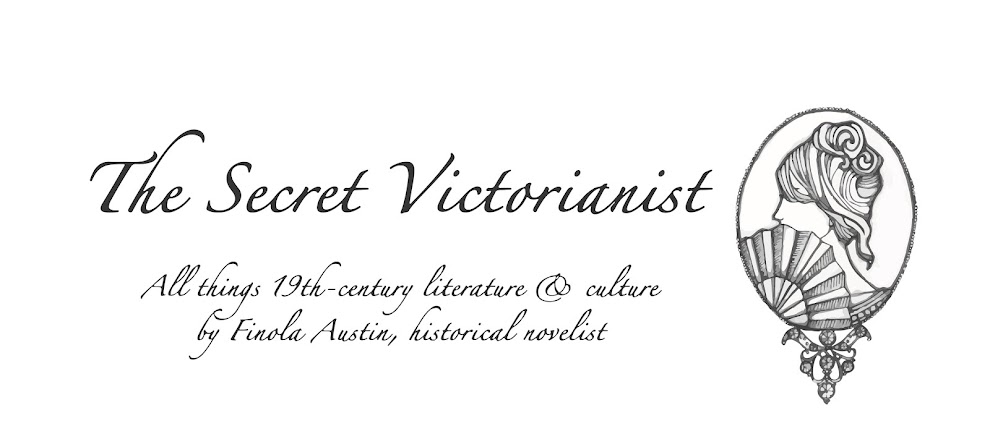The Secret Victorianist was in Rome last week to visit the
same sites admired by Byron and Shelley, but it was the reaction of a fictional character to the eternal city
which was playing most on my mind. Dorothea Brooke, a central character in
George Eliot’s 1871-2 Middlemarch, is
less than impressed by Rome and its history when on her honeymoon tour.
Rome, Eliot argues, can only be appreciated when its viewers
possess knowledge as well as ardour:
'To those who have looked at Rome with the quickening power
of a knowledge which breathes a growing soul into all historic shapes, and
traces out the suppressed transitions which unite all contrasts, Rome may still
be the spiritual centre and interpreter of the world.’
This historical and specifically classical knowledge is
precisely what Dorothea lacks. I have already posted about women’s lack of
access to classical education in the nineteenth century and, as a result of
this, even Rome – the centre of the classical world – becomes meaningless here in
the light of Dorothea’s ignorance.
 |
| The Secret Victorianist in Rome |
This passage contains a lot. The ‘gigantic broken
revelations’ of Rome suggest the fragmentary nature of Dorothea’s intellectual
awareness as well as the physical realities of the ruined city, made more
obvious to one who can’t ‘trace out’ the past from the surrounding ruins.
Meanwhile, Rome’s subsequent role as centre of the Catholic faith has profound
implications for how a puritanical Protestant will respond even to its
classical past, with Eliot highlighting the more lowly nature of Protestant
histories and passing negative judgement on their corresponding aesthetics.
Dorothea judges everything in terms of morality – her ‘ardent
nature’ is inseparable from her moral code, leaving her uncertain as to how to
respond to Rome. And added to this her personal circumstances, as a bride,
navigating a new life role, compounds her confusion.
Rome for Dorothea is an unreadable cipher, emphasising her
comparative ignorance, and a city which is morally, as well as mentally, unsettling,
given its Catholicism and the separation between morality and aestheticism
found in the classical art she encounters (and in front of which Will Ladislaw
first sees her). And along with both these things, this confusing city becomes
a manifestation of Dorothea’s inner turmoil as she reassesses her life role,
following on from her marriage.
Rome confuses Dorothea then not because she thinks too
little, but because she thinks too much, making her painfully aware of the cacophony
of emotions explored above:
‘The weight of unintelligible Rome might lie easily on
bright nymphs to whom it formed a background for the brilliant picnic of
Anglo-foreign society; but Dorothea had no such defence against deep impressions.’
Rome then for Dorothea is a ‘vast wreck of ambitious ideals,
sensuous and spiritual, mixed confusedly with the signs of breathing
forgetfulness and degradation’ – hardly a line the tourist board should be adopting
any time soon.
What should be ‘S’ in my Victorian Alphabet? Let me know
here, on Facebook or by tweeting @SVictorianist.




